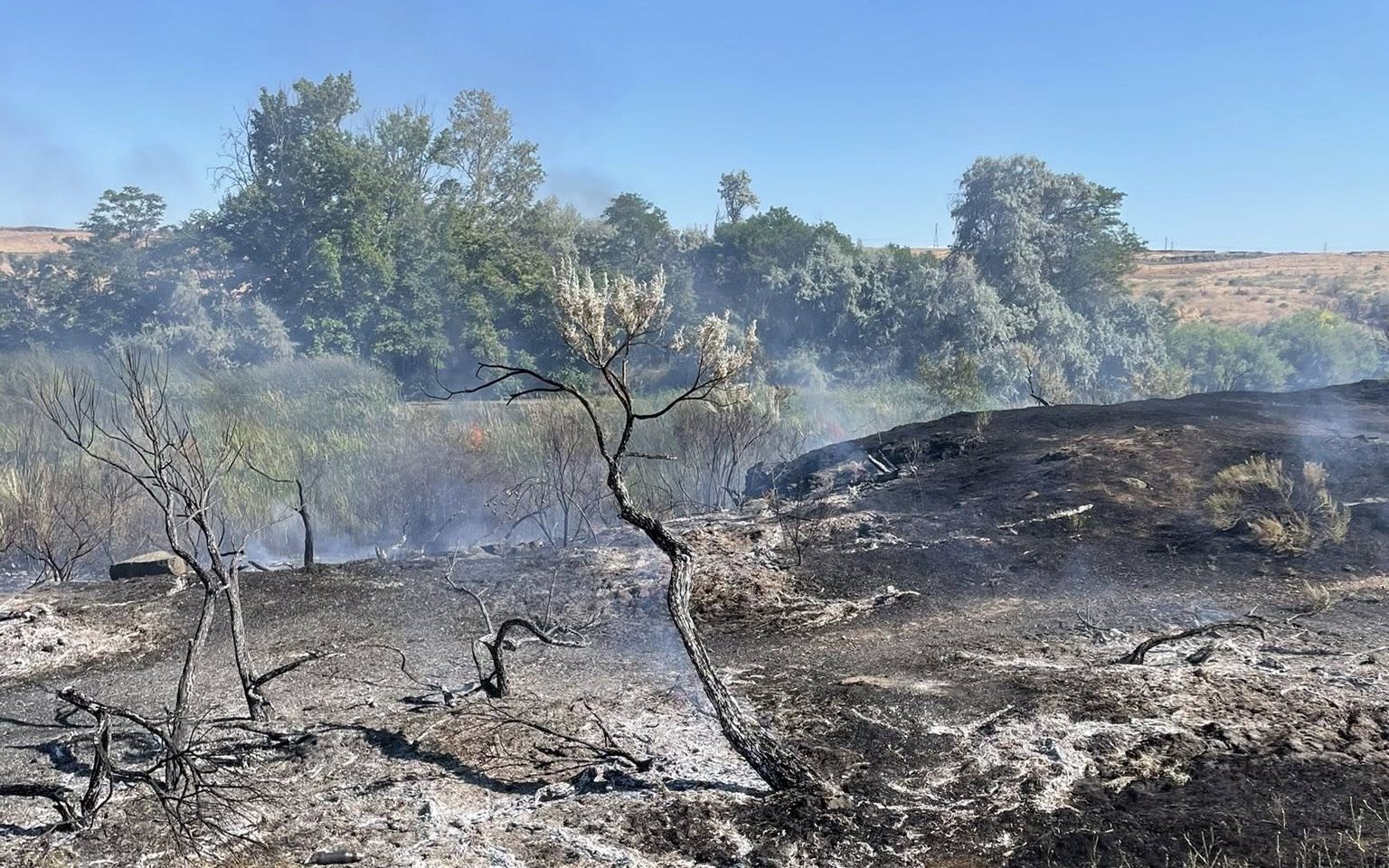Oregon Democrats ready to expand gun checks
Published 6:34 am Tuesday, November 18, 2014
Democrats in the Oregon Legislature say the outlook to expand background checks on gun purchases is better in 2015 than it has been in years, thanks to Senate seats they picked up in the Nov. 4 election and passage of an initiative with similar provisions in Washington.
In recent years, state lawmakers who wanted to expand background checks to cover private, non-family gun transfers repeatedly ran into roadblocks, often from their own party. Now as they set to work writing bills for the next session, Senate Democrats are optimistic.
“I think the outlook for background checks is excellent,” said Sen. Ginny Burdick, D-Portland, on Monday. “Two of the people who outspokenly opposed background checks, Sen. Betsy Close and Sen. Bruce Starr, were defeated by candidates who strongly support background checks … Now we have a working majority for background checks.”
In Oregon, people must pass background checks before they can purchase firearms from licensed dealers and at gun shows. It is illegal for people in the state to have firearms if they are convicted felons, or were civilly committed or prohibited by a court from having firearms due to mental illness.
Individuals can request a state background check before transferring a gun to another person, but such checks are not required.
Democratic lawmakers in Oregon attempted unsuccessfully to pass a handful of gun-related bills in 2013, following shootings in December of 2012 at Clackamas Town Center and Sandy Hook Elementary School in Newtown, Conn. Earlier this year, they tried again to pass a bill to expand background checks to include private gun transfers but fell short of the votes necessary to move it forward in the face of opposition from Sen. Betsy Johnson, D-Scappoose, and Senate Republicans.
Sen. Floyd Prozanski, D-Eugene, said Monday that he is writing legislation similar to the private gun transfer background check legislation proposed in 2013 and 2014.
Prozanski, who is chairman of the Senate Judiciary Committee, is also drafting a bill that would allow judges more leeway to prohibit people undergoing court-mandated outpatient treatment for mental illness from obtaining firearms, as well as a bill that would require Oregon State Police to notify local law enforcement agencies when someone who cannot legally own a firearm, such as a felon, attempts to purchase one.
Lawmakers have approached Prozanski regarding the possibility of other gun control legislation, such as a bill to limit minors’ access to firearms, and Prozanski said he would be willing to take a look at those proposals. However, Prozanski, himself a gun owner, was clear that two things are nonstarters for him.
“I’m not willing at this point for the State of Oregon to limit the type of guns that are available to individuals, or ammunition,” Prozanski said, adding that any regulations of this kind should be left up to the U.S. Congress.
Gov. John Kitzhaber has supported expanded background checks in the past and on Monday, spokeswoman Melissa Navas confirmed this remains a priority for the governor. Although Kitzhaber’s support for background checks is not new, his comments in an interview with Portland television station KGW drew attention over the weekend among gun rights advocates.
“I think expanding background checks is the most rational, common sense thing we can do to improve the safety in our states and certainly in our schools, and I will pursue that vigorously,” Kitzhaber said in the KGW interview.
Nelson Shew, president of the Oregon State Shooting Association, said news of the governor’s comments traveled through firearms association websites. The shooting association is the official Oregon chapter of the National Rifle Association.
Shew, who is a competitive shooter, is concerned that expanding background checks to include private transfers would prohibit people from sharing guns while training and during competitive events. Since lawmakers have not yet introduced a bill, it is unclear whether it would include a provision to allow sharing among competitive shooters and clubs that collectively own guns.
“If it’s going to require a background check if you hand it to them on the range … I just don’t see how it’s enforceable,” Shew said.
However, even if a bill allowed competitive shooters and clubs to share firearms, Shew said he still would not support expanded background checks.
“It just makes more regulation for the people that own (firearms) legally,” Shew said.
Michael Gay, communications director for the Senate Republican Office, said it would be more productive for Democrats to focus on issues that have bipartisan support.
“This is a significant departure from the jobs and education platform that Democrats campaigned on over the last year,” Gay said. “When they’re ready to focus on issues like getting Oregonians back to work, instead of hyper-partisan issues, Republicans will be ready to join them.”






